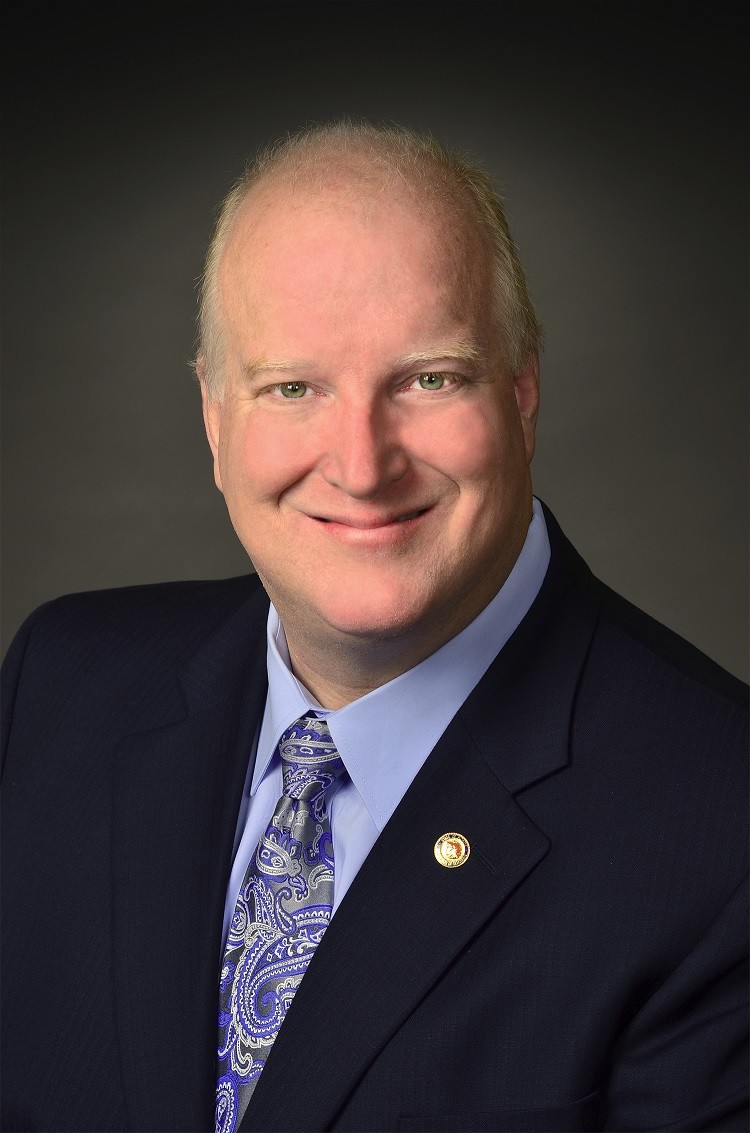Fight continues to protect voter information
GREEN COVE SPRINGS – In just a few keystrokes and three mouse clicks, Chris Chambless, Clay County’s supervisor of elections, can find information on any registered voter in the State of Florida. …
This item is available in full to subscribers.
Attention subscribers
To continue reading, you will need to either log in to your subscriber account, or purchase a new subscription.
If you are a current print subscriber, you can set up a free website account and connect your subscription to it by clicking here.
If you are a digital subscriber with an active, online-only subscription then you already have an account here. Just reset your password if you've not yet logged in to your account on this new site.
Otherwise, click here to view your options for subscribing.
Please log in to continueDon't have an ID?Print subscribersIf you're a print subscriber, but do not yet have an online account, click here to create one. Non-subscribersClick here to see your options for subscribing. Single day passYou also have the option of purchasing 24 hours of access, for $1.00. Click here to purchase a single day pass. |
Fight continues to protect voter information
GREEN COVE SPRINGS – In just a few keystrokes and three mouse clicks, Chris Chambless, Clay County’s supervisor of elections, can find information on any registered voter in the State of Florida.
Chambless isn’t using a database maintained by the state government, or any special list available to supervisors throughout the state, he is using a public website, www.flvoters.com. The website lists the voter identification number, full legal names, physical addresses and birth dates of every registered voter in the state.
“I think it’s an abuse of information, and it goes far beyond First Amendment foundations,” Chambless said. “I think this is a problem.”
Aside from the general sense of fear people have when seeing their name, birthdate and private address listed on a public website, there are several nefarious reasons people would seek out this specific information.
According to Chambless, prisoners have been known to request voter information on the men who work as guards. The information can be used by realtors and political shamers during elections as a source of accurate addresses for people in certain demographic groups that these businesses and organizations see as targets for their ad campaigns.
But the most private information is still exempt.
The 2005 change maintained exemptions for voters’ Social Security numbers, drivers’ license numbers and signatures, but this is not enough for Chambless to feel like the state is serving its citizens while maintaining their privacy.
Chambless – currently serving as past president of the Florida State Association of Supervisors of Elections – and other supervisors from around the state do not think a voter should have to volunteer private information solely for the right to vote. So, they began lobbying for bills to make the information private again.
First, in 2016, a bill was sent to the legislature that would re-exempt all information made public with the original 2005 change. The bill died in committee and never saw the inside of the legislative chambers. That bill would have kept all voters’ information private, but when they couldn’t get that passed, Chambless turned his attention to the voters he wants to protect first and foremost, children.
The information isn’t limited to those who are of legal voting age. In high schools throughout the state, 16- and 17-year-old students are encouraged to pre-register in an effort to get them to the polls – to fulfill their civic duty when they turn 18.
“They’re not even of age and their information is now public record,” Chambless said. “It is a shame that we had to, as a second offering, reduce our ask down to 16 or 17 year olds because I don’t think it’s necessary to have your information out there on the internet.”
So, in 2017, another bill was drafted, this time all they were asking was that voters who had pre-registered would not have their personal information made public until they were at least of legal voting age. The bill moved through committees, passed in the house, but died before it could be brought to the senate.
The failure of these two bills does not sit well with Chambless, who works to encourage people to register with his office and participate in their government. Since voter information went public in 2005, he has seen people giving up their registration in an effort to protect their privacy.
“What we have is individuals removing themselves from the roles [of a registered voter] purely out of concern for their personal information,” Chambless said. “It’s time to take a hard look at the necessity of having this information public.”
According to Chambless, this sort of thing is a lose-lose for those who wish to maintain privacy. Once the voter information is released, it is out there. Removing yourself from the registry won’t remove your information from websites such as flvoters. The only way to make the information private again is through involvement in the political process, and maintaining your status as a registered voter.
“Certainly do not remove yourself from the roles,” Chambless said. “Contact your legislators, we will be bringing a bill again next year.”








